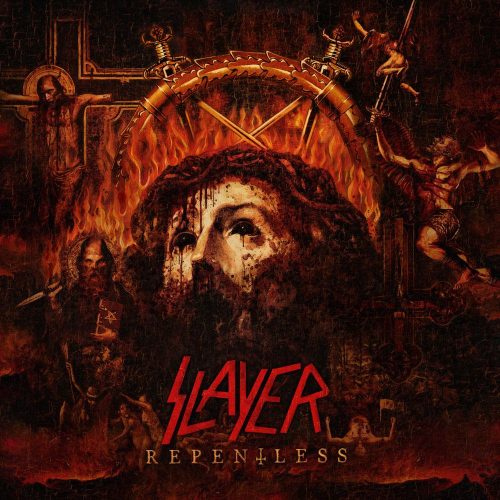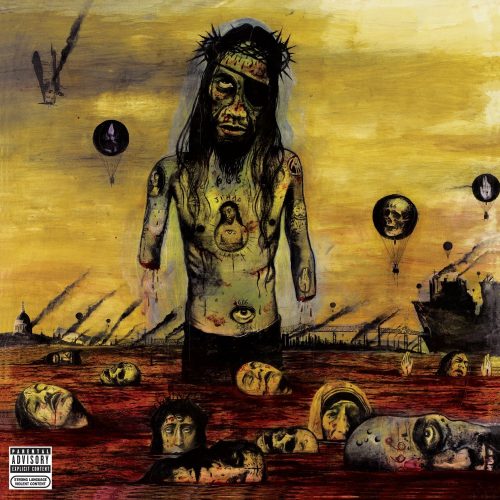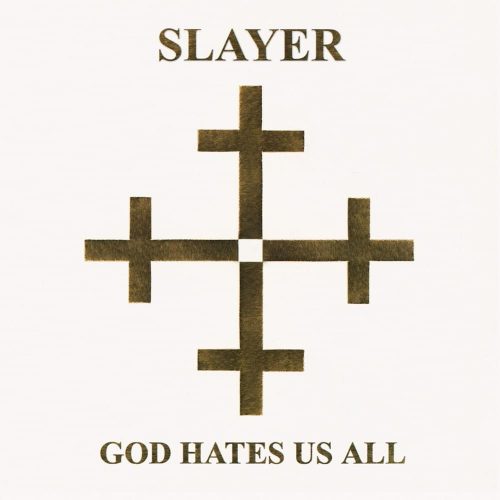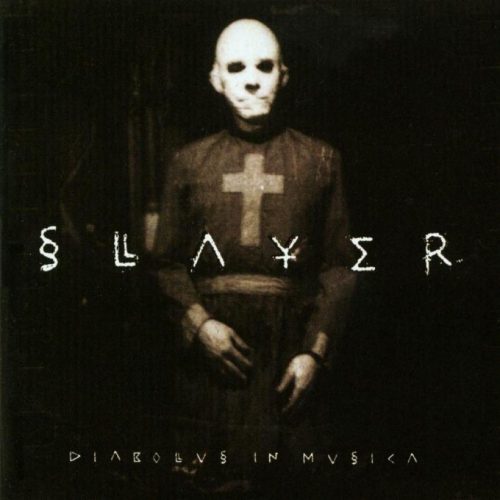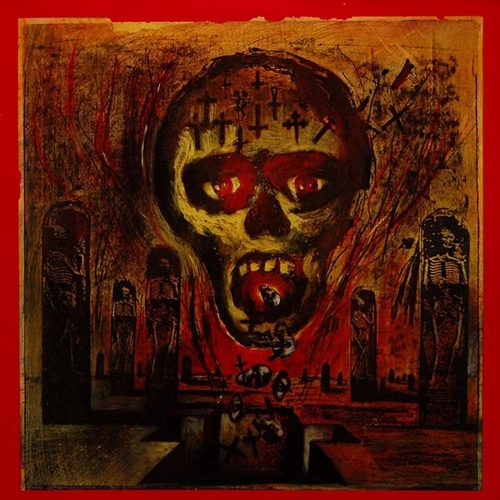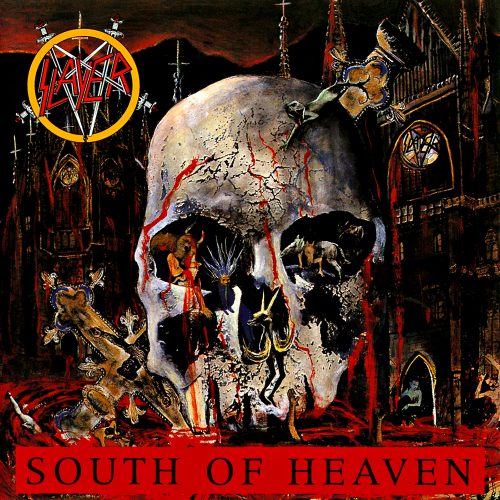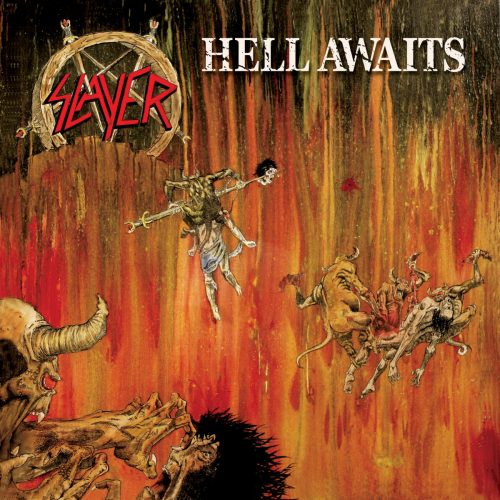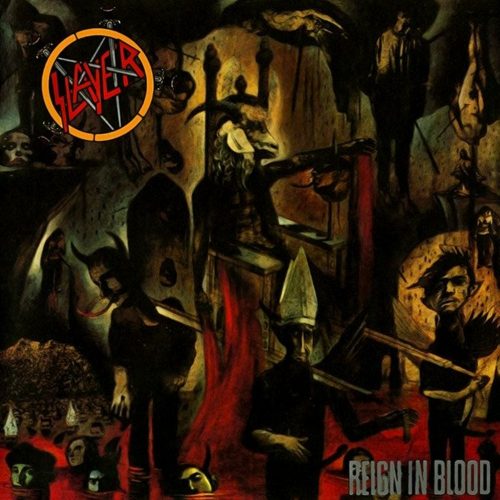(In the penultimate installment of a series devoted to a retrospective chronological analysis of the discography of Slayer, today TheMadIsraeli addresses the band’s last album, 2015’s Repentless. Links to all preceding segments of the series are at the end of the writing.)
After the absolute disappointment of World Painted Blood, Slayer would undergo a massive tectonic shift upon the death of founding member, guitarist, and key song-writer Jeff Hanneman.
This was a tragedy to be sure. Hanneman was responsible for many of the band’s best songs and he was a half ‘n’ half of a song-writing duo with Kerry King. There were obviously concerns among fans that any future material would be heavily impacted by his absence. A lot of people at the time claimed Slayer should just hang it up, with a solid enough catalogue to go out on, and despite my feelings on World Painted Blood I agreed at the time.
I think on some level though, they knew World Painted Blood was a bad move, because the band’s final album Repentless may be unapologetic in its core message as a record, but it is definite repentance for the album that came before it. Continue reading »

